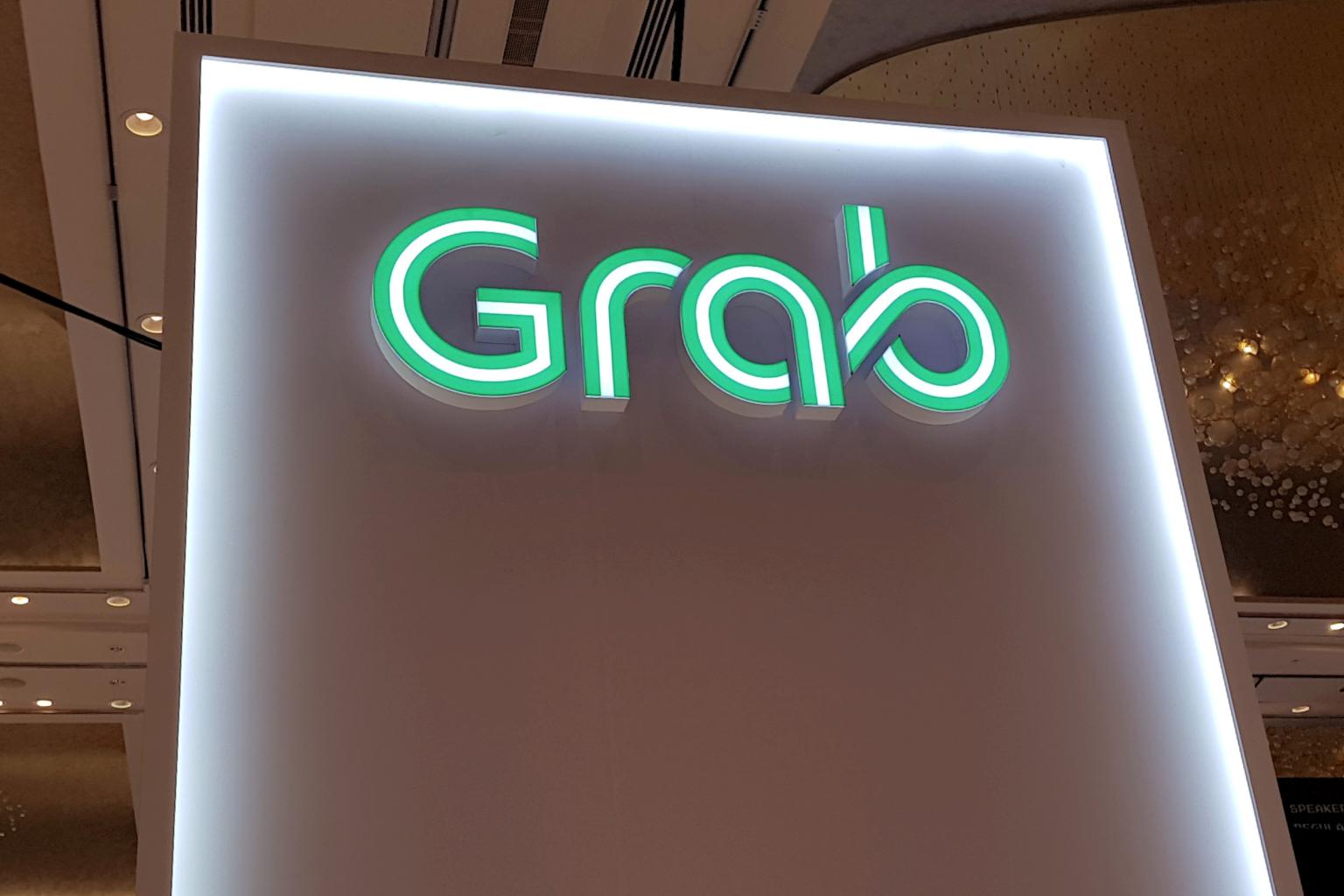Malaysia competition watchdog steps up probe into Singapore's Grab
Sign up now: Get ST's newsletters delivered to your inbox

The investigation follows multiple complaints starting from last year accusing Grab of monopolistic practices after it bought Uber Technologies' South-east Asian operations.
PHOTO: REUTERS
Follow topic:
KUALA LUMPUR (BLOOMBERG) - Malaysia is advancing an anti-monopoly investigation into Singapore-based Grab Holdings Inc, ramping up a broader government push to bring greater competition to its economy.
Malaysia Competition Commission chief executive officer Iskandar Ismail said last Thursday (Sept 19) the anti-monopoly watchdog was stepping up the probe into the ride-hailing start-up, which was first announced last year by the country's transport ministry. He declined to elaborate on specific steps the commission was taking.
The investigation follows multiple complaints starting from last year accusing Grab of monopolistic practices after it bought Uber Technologies' South-east Asian operations. Representatives for Grab didn't respond to an e-mailed request for comment.
Grab's rival Gojek is planning to enter the market with motorcycles, and its top management met Prime Minister Mahathir Mohamad in Kuala Lumpur in August.
Tun Dr Mahathir is keen to lower the cost of living for Malaysians, a key pledge that led to his return to power in 2018. His government is trying to expose state-linked companies to competition and introduce open tenders, ordering Telekom Malaysia to share its high-speed broadband cable network with other operators. It is also considering allowing consumers to choose power suppliers other than state-owned Tenaga Nasional.
Greater competition could enhance Malaysia's standing as a business destination. "It sends a signal to foreign investors wanting to enter Malaysia that it's going to be a fair playing field without unfair advantages to favoured companies because of political connections or other reasons," said Mr Alex Holmes, Asia economist at Capital Economics.
As part of a government effort to stamp out wastage in public spending, Mr Iskandar said the commission is looking into a few companies pitching for state contracts for possible bid-rigging practices. In March, it said eight companies formed cartels to manipulate bids on tenders involving information technology services for a state-linked institution. That was its first bid-rigging case in state procurement since the body's establishment in 2011.
Mr Iskandar said his commission is fielding more requests from state agencies and private companies wanting to learn how to detect bid-rigging and other anti-competitive practices, and is receiving broad government support.
"Our minister gives us a lot of room," he added, referring to Minister of Domestic Trade and Consumer Affairs Saifuddin Nasution. "He just says, 'Go do your job and we will support you all the way.'"

